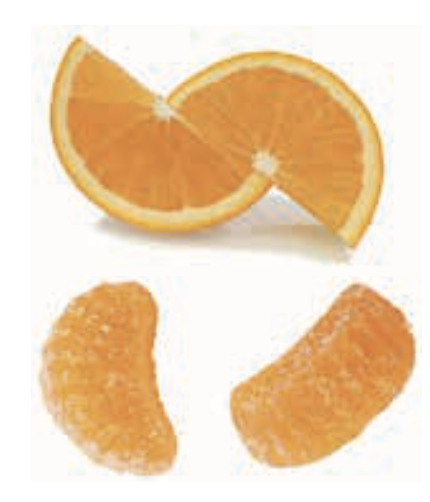Q: I keep thinking of the old expression, “a calorie is a calorie.” What does this mean, and is it true?
A: Alice H. Lichtenstein, DSc, Stanley N. Gershoff professor of nutrition at the Friedman School of Nutrition Science and Policy and senior scientist and director of the Cardiovascular Nutrition Laboratory at the Human Nutrition Research Center on Aging, answers: “Scientifically, a calorie is a unit of energy. Since all calories provide the same amount of energy, this saying is technically true. But when it comes to judging the effects of a food on your health it is false.
“Sure, you can get about 100 calories of energy from a 30-gram serving of orange slice candy or from a small orange, but the orange gives you vitamins, minerals, fiber, and other bioactive compounds to support bodily functions. The candy gives you sugar, along with artificial coloring and flavoring.
“In other words, calories from whole or minimally processed foods come with a variety of nutrients that support good health. Calories we get from highly processed foods lack these benefits and usually contain ingredients that do not support your health, such as added sugars, high levels of sodium, saturated fat, and refined carbohydrates.
“Researchers have seen that, even with the same calories, different foods can have different effects on liver fat synthesis, muscle gain or loss, microbiome health and function, and even resting energy expenditure.
“Although some research has suggested that all calories may not be equal in terms of maintaining weight, it is important to keep in mind that, even if they are not, the absolute differences may not be large enough to have a measurable effect on body weight.
“At this time, the best advise we can give is to get your calories from whole and minimally processed foods. That is clearly the healthiest choice. Following this advice is good for the heart, good for the brain and good for healthy aging.”
























